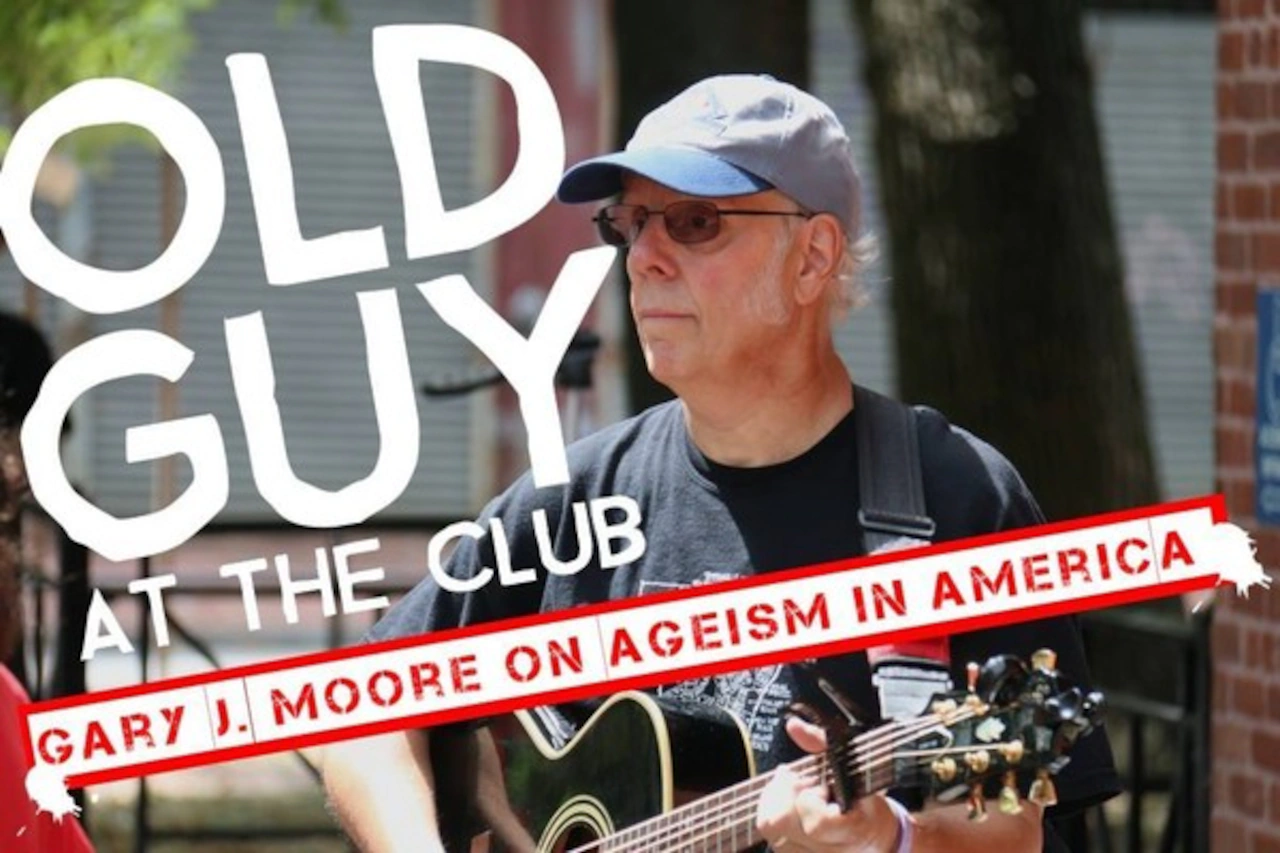Voices are lost when we say ‘it’s not my story to tell,’ and that’s unAmerican | The Old Guy

Often, when I’m discussing a mutual friend with another friend and they ask me to confirm a rumor they had heard, I reply “That’s not my story to tell.”
Lately, I’ve been thinking: Who gets to tell certain stories and whose story is it to tell?
I’m of Irish/Italian/German descent, I’m a Roman Catholic and I’ve been told that my paternal grandfather had some Native American blood in him, so I feel comfortable telling those stories. I am not Jewish or a member of the LGBTQ+/Two Spirits community, but I have been involved in telling their stories as well. For 28 years as a teacher, I related facts about other cultures and spoke to the cultures that my students very generously shared with me, but did not claim those stories as my own.
So, again…who gets to tell which stories?
In order for stories to be told, there must be someone willing to put those stories out there. It might be a book publisher, or a blogger, a newspaper editor or an influencer. Somebody with access to mechanisms that will get those stories distributed. If those peoples’ backgrounds don’t line up exactly with the authors of those stories, should we automatically discount the stories themselves?
Lately there has been a shift in storytelling. Prior to the last 10 years, the majority of stories seemed to be told by white males. Now, we seem to have shifted into an era where other stories are encouraged and developed. Our television and movie screens are awash with people from all over the world. Going into Barnes & Noble is like attending a session of the United Nations. Everywhere we go, we see people from other lands, speaking other languages, listening to different music and eating different types of food.
America has always been a land of immigrants. Quite frankly, none of us would be here if it weren’t for a parent or grandparent who took a giant leap of faith and boarded a boat or a plane and crossed the ocean to a new and exciting place. There were risks involved in such a journey, but the rewards seemed to outweigh them.
That said, it baffles and angers me that there are people in our country who seem to want to still all voices but their own. That isn’t America.
Plurality is what has always made this country as exciting, fresh and innovative as it is. But, I also sense a lack of total inclusivity lately, a focus on other voices and a tendency to discount the stories of those who came before. Without those stories, where would any of us be? Would we even be here? When folks talk about not seeing themselves until lately, I have to wonder: Have you never imagined yourself the hero of one story or another, regardless of the way you identify yourself? Do we have to be male to match swords with Captain Monasterio as Zorro or fly among the rooftops like Spiderman? Do we have to be female to overturn injustice like Wonder Woman or Harriet Tubman? When we watch a movie or read a book, aren’t we always the central character? Isn’t it always said that we are the hero of our own stories? Would that still be the case if someone else told the stories of our lives?
Should some stories stay within the confines of their creators? Can someone from an entirely different background appreciate and successfully interpret the works of “the other”? I believe that art transcends all boundaries, that a worthy piece of art can (and perhaps should) be capable of being interpreted by anybody. Stephen King’s character Holly Gibney, although described in a recent novel as looking like Flo from the Progressive ads, has been interpreted by Justine Lupe (from “Succession”) in “Mr. Mercedes” and Cynthia Erivo (“Wicked”) in “The Outsider,” both to great effect.
When Daryl Hall was asked why he sang soul music and if he considered it cultural appropriation, he simply remarked it was the music he grew up listening to, and so, he considered it part of his culture, much as Quentin Tarantino considers African American culture as his own. Are they wrong? Maybe not.
Maybe your culture is what you grew up listening to, reading, eating. It doesn’t matter what your racial identity is in New Orleans…at some point, you are going to experience beignets, gumbo and snow cones. In Manhattan, we have our choice of dishes from around the world. Even here on Staten Island, a casual trip up and down Forest or Victory will reveal restaurants specializing in Mediterranean, Indian, Asian, Italian, Polish and Kosher foods. Music and food are gateways to the understanding and appreciation of other cultures.
Perhaps “I am a citizen of the world” is not a hyperbolic statement after all. Perhaps, in some ways, we all are citizens of the world because we experience it so much every day. Our news sources span the globe. Our entertainment no longer comes just from Hollywood or the USA. Our food is global. There are between 350 and 430 languages spoken across the USA. “I comprise legions” is not just a saying, but almost our motto as a country.
Maybe we should just concentrate on the work of the artist rather than them being just “the first (fill in the blank) to be nominated/awarded/star in/play this role.” Because, in the end, it’s the work of the artist that people remember and not necessarily that artist’s background or lifestyle.
Hold those magnificent grey heads high! Go out and make history!